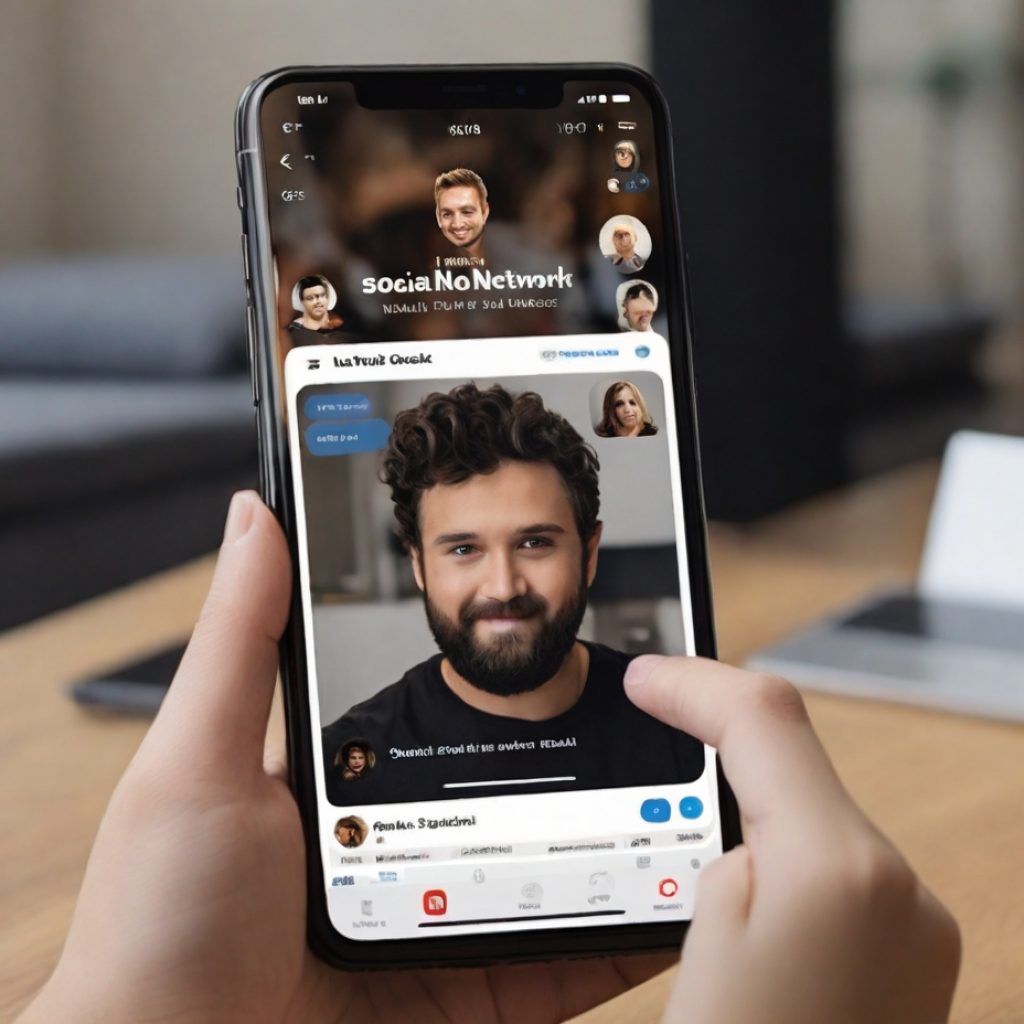In today’s rapidly evolving technological landscape, many individuals find themselves struggling to keep pace with the ever-changing world of gadgets, apps, and digital platforms. The relentless march of technological progress can leave people feeling disoriented, frustrated, and even isolated. However, amidst the constant barrage of modern technology, there is a potent source of wisdom that often goes overlooked – our elders.
Recently, the author had the privilege of knowing Dorothy, who passed away at the age of 91. In 2021, a chance encounter in the comments section of a news website led to a meaningful exchange about technology. Dorothy, born in 1932, had experienced numerous technological developments in her lifetime. She worked as a telephone company switchboard operator, served in the U.S. Air Force, worked for American Airlines, and had diverse experiences across various industries. From the era of crank phones to the age of desktop computers, Dorothy had seen it all.
Dorothy exemplified what can be termed the “tech boss life.” She embraced the technology that enhanced her life while eschewing what she found unnecessary. She did not own a smartphone or have social media accounts, but she ordered groceries online, engaged in online discussions, played computer games, and streamed TV shows through various apps. Her approach to technology showcased a unique blend of adaptability and discernment.
Lessons from the greatest generation
In her book “Stories of Elders: What the Greatest Generation Knows about Technology that You Don’t,” anthropologist Veronica Kirin interviewed 100 elders across America about their experiences with technology. Kirin noted that the discomfort people often feel with technology is a result of the rapid pace of development. From her interviews, she concluded that understanding the roots of technological evolution provides a steadier foundation for navigating the digital age.
The following sections highlight three valuable ways in which elders can help individuals better manage and understand modern technology.
Providing context
Understanding technology within its historical context is essential for gaining a comprehensive perspective. Elders, like Dorothy, have witnessed the evolution of technology over several decades. For example, Dorothy’s experience as a switchboard operator sheds light on the history of phone communication. In an era when calls were manually connected by friendly voices, her stories offer a stark contrast to today’s preference for text messages. By placing modern technology in the context of the past, individuals can appreciate the significance of human interaction in communication.
Offering encouragement
Elders have honed their technological skills through years of practice and adaptation. They have navigated various technological shifts and innovations, providing a wealth of experience. In a world where technological advancement can be overwhelming, their stories and perspectives can serve as a source of encouragement. Learning how previous generations coped with technological changes can inspire confidence in our own ability to adapt and thrive in the digital age.
Imparting wisdom
Managing one’s relationship with technology is a crucial aspect of modern life. While information is more accessible than ever before, the wisdom to make informed choices about technology can be elusive. Elders can share valuable insights into making prudent decisions, such as opting for lower-tech solutions, reevaluating social media usage, or safeguarding personal information online. Their guidance can empower individuals to strike a balance between harnessing the benefits of technology and maintaining control over their digital lives.




